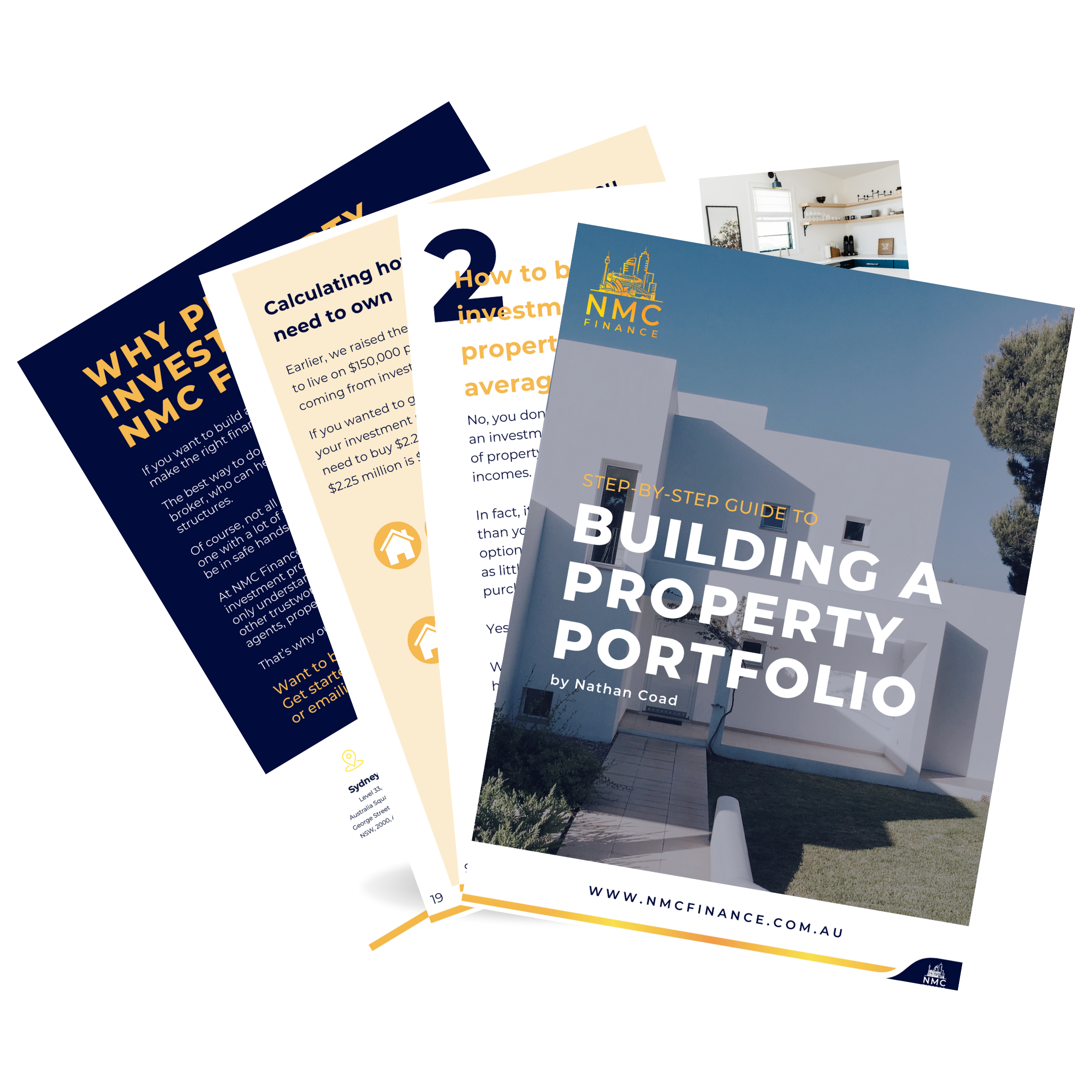As we journey through life, our needs evolve, and sometimes, financial constraints can feel like a roadblock to achieving our goals.
Luckily, for Australians over 60 who own their own homes, there is a financial lifeline that can provide relief: a reverse mortgage. But what is it, and could it be the right tool for you?
Understanding home equity release
Imagine diligently paying off your mortgage over the years, and now your home stands as a beacon of security and stability. Well, tucked within its walls lies untapped wealth, known as equity.
Home equity release allows homeowners to access a portion of this wealth while still retaining occupancy.
Tapping into this equity can offer financial flexibility for things like renovations, medical costs, or simply easing the cost of living.
What is a reverse mortgage?
A reverse mortgage is a type of equity release. Imagine it as a financial time machine allowing you to borrow against the equity in your home, deferring repayments until you sell the property, move out, or pass away.
It’s available to Australians over 60, and the amount you can borrow depends on factors such as your age and the property’s value.
One of the stand-out features of reverse mortgages is their flexibility in accessing funds. Whether you opt for a regular income stream, a line of credit, a lump sum, or a combination thereof, the choice is yours!
Eligibility criteria
To qualify for a reverse mortgage in Australia, you typically need to meet certain eligibility criteria. These can vary but may include:
- Being 60 or older (although some lenders may have higher age requirements).
- Owning your home outright or having a significant amount of equity built up.
- Residing in the property as your primary residence.
- Demonstrating an ability to meet ongoing property-related expenses, such as insurance and maintenance.
Application process
The application process for a reverse mortgage typically involves several steps:
1. Initial Inquiry
Contact a lender or mortgage broker specialising in reverse mortgages to discuss your options and determine whether you meet the eligibility criteria.
2. Financial Assessment
Undergo a financial assessment to determine your ability to meet the ongoing costs associated with the reverse mortgage, such as property taxes and insurance.
3. Property Valuation
The lender will conduct a valuation of your property to determine its current market value, influencing the amount you can borrow.
4. Loan Approval
Once your application has been assessed and approved, you’ll receive formal confirmation of your reverse mortgage offer, including details of the loan amount, interest rate, and repayment options.
5. Legal Advice
Before finalising the loan agreement, you’ll likely need to seek independent legal advice to ensure you fully understand the terms and implications of the reverse mortgage.
6. Settlement
Upon acceptance of the loan offer and completion of any outstanding requirements, the reverse mortgage funds will be disbursed to you, providing access to your home equity.
Navigating the costs and risks of reverse mortgages
Reverse mortgages can offer financial relief, but as with any financial decision, they come with associated risks and costs. Namely, as your interest compounds over time, your debt grows, and your equity diminishes.
It’s important to carefully consider the long-term implications and consult independent financial advisors or legal professionals to assess the impact of your finances and plans.
Newer reverse mortgages incorporate negative equity protection. This ensures that your estate will not owe more than the property’s market value. This is a crucial addition, so be sure to review any existing contracts or seek advice if that provision is absent from yours.
Is a reverse mortgage right for me?
Reverse mortgages stand out as providing hope for Australians needing to unlock the wealth tied to their home.
Nevertheless, it requires careful navigation and thorough consideration of costs, risks, and alternative options to ensure it is right for you.
If you’re considering a reverse mortgage, speak to a qualified mortgage broker for advice regarding your personal circumstances.
Exploring alternatives
While reverse mortgages provide a viable option for accessing home equity, they’re not the only solution.
Exploring alternatives like downsizing, government benefits, or no-interest loans can offer additional avenues for financial support.
Each option comes with its own set of considerations, so it’s essential to weigh them carefully against your circumstances and goals and discuss them thoroughly with a qualified mortgage broker.
* This blog is intended for general informational purposes only. For personalised advice tailored to your unique financial situation, please contact NMC Finance.

